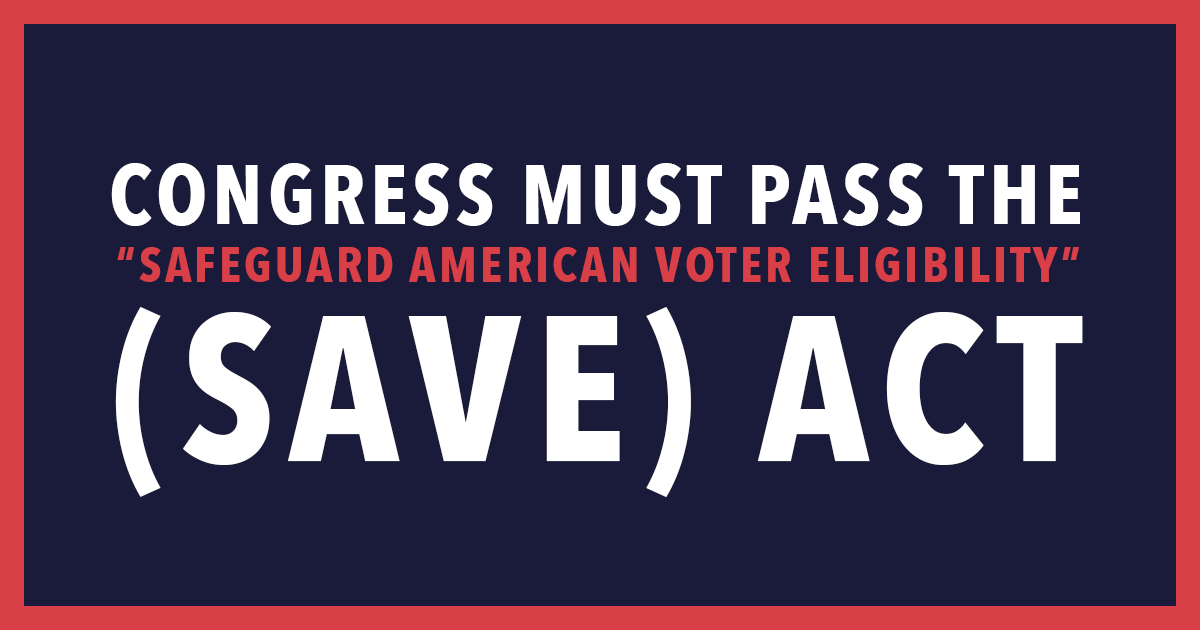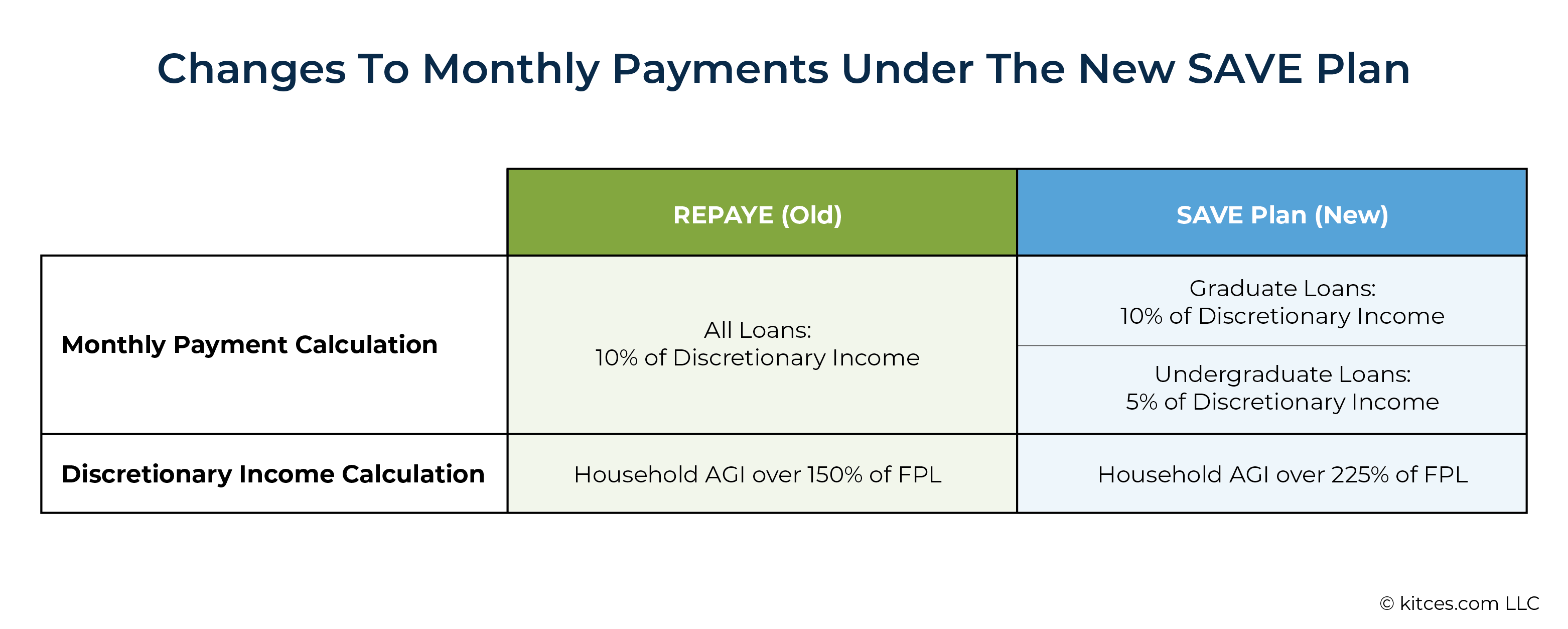Table of Contents
- Mike Johnson’s SAVE Act Stunt May Shut Down the Government
- The Save Act 2024 Upsc - Prue Ursala
- How The New SAVE Plan Impacts Student Loan Planning
- Call Your Congressman This Week: Cosponsor the SAVE Act
- What You Need to Know About the SAVE Act | Campaign Legal Center
- Call Your Congressman This Week: Cosponsor the SAVE Act
- What is the SAVE Act? What to know about proposed voting requirements
- Pass the SAVE Act | Patriot Project
- SAVE Act Passes House, Aiming to Prevent Noncitizen Voting
- What is the SAVE Act? Republicans look to solidify noncitizen, federal ...



Introduction to the SAVE Act


Key Provisions of the SAVE Act




Benefits of the SAVE Act
The SAVE Act is expected to have numerous benefits for the United States government and its citizens. Some of the potential advantages of the legislation include: Improved Fiscal Responsibility: By promoting transparency, accountability, and efficiency, the SAVE Act can help reduce the national debt and ensure a more sustainable financial future. Enhanced Government Accountability: The bill's provisions can help restore trust in government by preventing waste, fraud, and abuse, and ensuring that taxpayer dollars are utilized effectively. Increased Economic Growth: By reducing inefficiency and promoting responsible government spending, the SAVE Act can contribute to a more stable and prosperous economy. The SAVE Act, H.R.22 - 119th Congress (2025-2026), is a significant piece of legislation that has the potential to transform the way the United States government operates. By promoting fiscal responsibility, transparency, and accountability, the bill can help ensure a more sustainable financial future for the country. As the legislation continues to move through the congressional process, it is essential to stay informed about its progress and potential implications. By understanding the SAVE Act and its provisions, citizens can play an active role in shaping the future of government spending and promoting a more responsible and efficient use of taxpayer dollars.This article is for informational purposes only and is not intended to provide professional advice. For more information on the SAVE Act and its provisions, please visit the official website of the U.S. Congress or consult with a qualified expert.